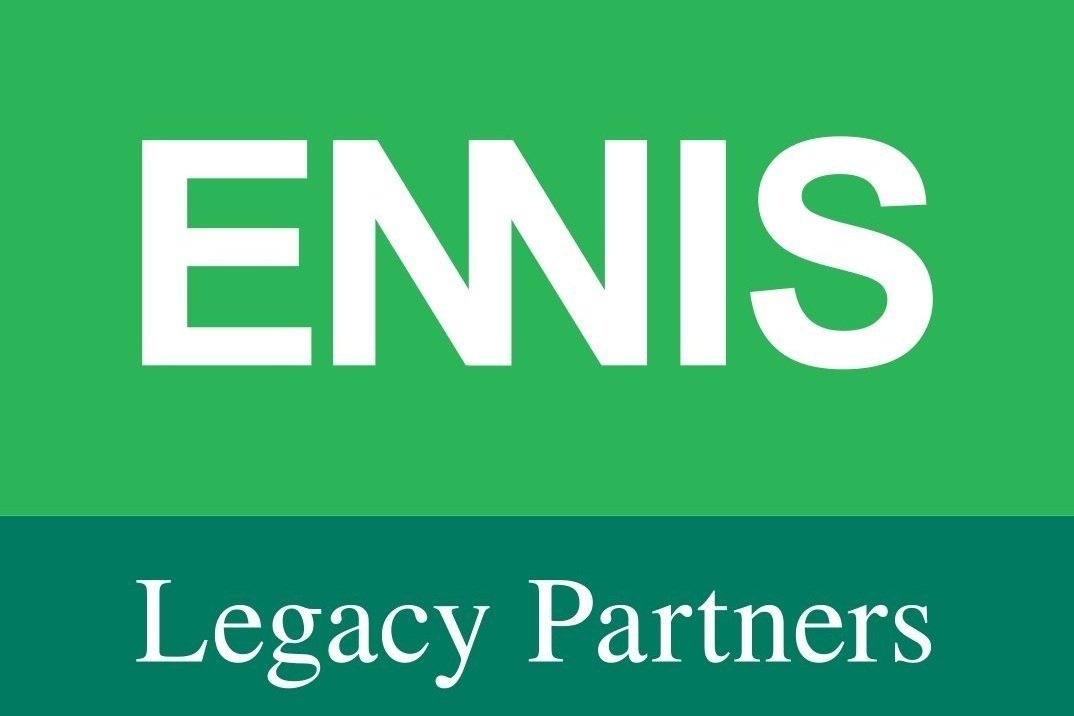A sole owner of a business who has a spouse and/or family has not a few key planning issues that need to be addressed before it’s too late. “Too late” is the unexpected event of death or permanent incapacity or disability. To illustrate, let’s use the following story that is based on real-life events…
John Doe owned a very successful commercial real estate development firm. He regularly met with his Business Advisor and “game planned” aggressive growth strategies that were proving to be successful in building the value of the business. To the point where John was seriously considering expansion into other geographic areas. Life was good and the business was growing rapidly!
One evening after meeting with his advisor, John experienced a sudden heart attack and died later in the hospital. At age 55 he still had family financial responsibilities, yet he had not been as thorough in his personal and family financial planning as he had been in planning to build the business. It was a time of extreme grief and mourning as well as uncertainty for Jane…
She didn’t know what to do next.
She didn’t know if John’s salary would, or could, continue.
Employees and customers started to leave as there was no plan, and so the business became less valuable and sellable. This was problematic as Jane was dependent on the sale value of the business as John had limited life insurance and investable assets.
Due to the high level of uncertainty, there was a lack of peace and stability for Jane and for everyone who was at all dependent on the business.
There were too many things that John didn’t do, and that should have been done, to mention in a short blog post. So, highlighted here are just a few (not an exhaustive list) of the key planning solutions that, if John had put them in place, would have helped in minimizing the agony that Jane and the family experienced…
Clear written instructions that were aligned with updated and adequate estate planning documents as to how to continue the business.
A personal financial plan that included a cash flow analysis of how much money Jane would need both short-term and long-term in the event of John’s early death.
A written resolution for Jane to continue to receive John’s salary until insurance proceeds were received.
Plans for the business bank line of credit to continue uninterrupted.
A current and adequate personal life insurance program.
Key person life insurance on John that would have provided needed liquidity for the business to provide key employee stay bonuses, etc.
Invest 12-15 minutes in the FREE ExitMap® Assessment and get a 12-page report scoring you in four key exit planning areas: Finance, Planning, Revenue/Profit, and Operations.

